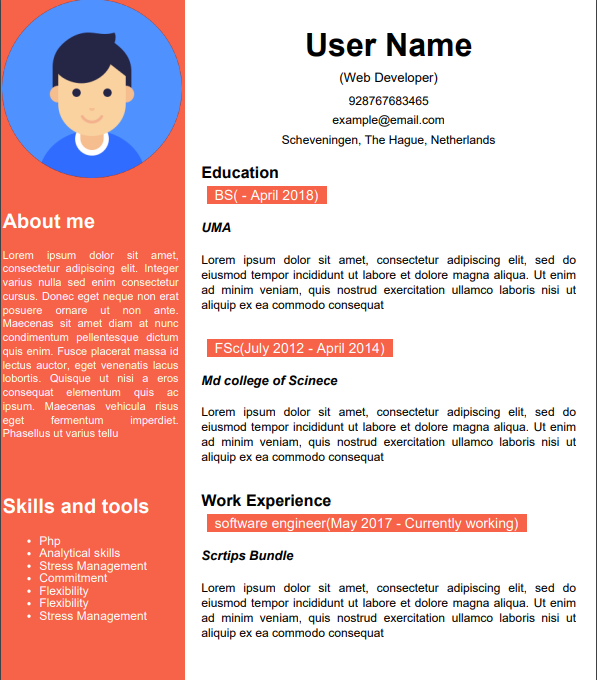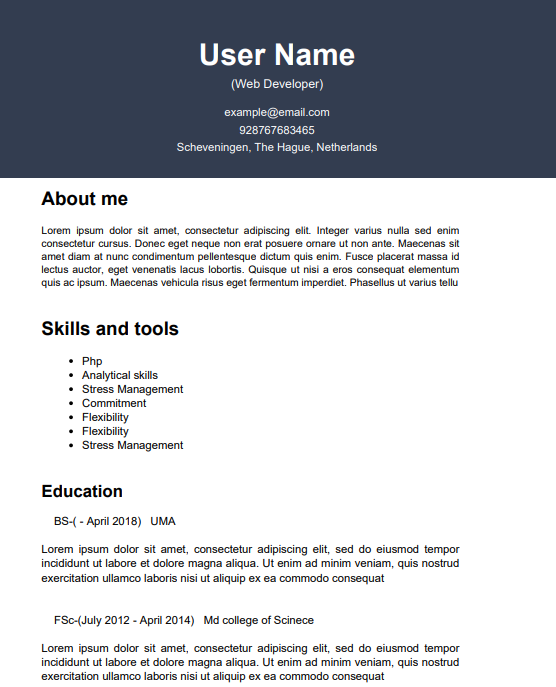Jobs4Football meets David Elebert
Jobs4Football spoke to former Republic of Ireland U21s international, David Elebert, about transitioning from player to coach, helping out of contract players in Ireland find a new club and his ambitions for the future.
Elebert made over 300 senior appearances as a centre back, in a career that stretched over 13 years and saw him plays for clubs such as Hamilton Academical, Shamrock Rovers and Fylkir in Iceland.
The 35-year-old eventually retired at Northern Irish club Ards during the 18/19 season, but unlike many players who take a break from the game following retirement, Elebert immediately took up a coaching role with the club for the remainder of the season.
He said: “Half way through my second season at Ards I was plagued with injuries, so it was the right time to bow out. I had a good relationship with the manager at the time and he offered me a coaching role straight away, so I accepted and became a coach for the first team.”
“It was quite a natural progression for me because I was quite a vocal player, I would be a leader in the changing room and on the pitch, I also had a good understanding of the game, so the transition into the role was fairly straightforward.”
Elebert left the club at the end of the season and moved down south to work as part of the academy setup at Shelbourne FC, where he spent one season with the U17s, getting them promoted before then having a season with the reserve team.
The Dublin born has attained his UEFA A license and is currently in the process of applying for his UEFA Elite Youth license, which emphasises the rapid strides he has made in the world of coaching in such a short space of time.
“I remember one coach told me as soon as you get into coaching and develop an understanding of the game you never look at football the same again, and he was right. Every time I watch a game now I’m always looking at what one team is doing in comparison to the other and focusing a lot on the tactics and smaller details, which changes the way you look at the game forever.”
Due to the covid outbreak, league football in Ireland has been sporadically stopped and restarted over the past 18 months, so Elebert decided to take a step back from full time coaching to focus on finishing his BA in sports management, that concludes in January 2022. However, he is still coaching, and is part of the PFAI’s Training Camp, which focusses on putting on sessions for out of contract players in Ireland, in the hopes to find them a new club.
“In Irish football, the contract situation of players and managers means they generally only get one-year contracts, so at the end of every season it’s like a conveyer belt of players because you can have six or seven lads playing for one team one season and they can all transfer to another team for the next season, so there is very little contract security for the players.”
“It’s a camp I actually participated in twice and I didn’t mind it because it provided you with good training sessions. They often get young developing managers to coach these squads to get their first taste of football to see if they enjoy it and if they’re any good. This experience can help put coaches in the shop window, which is where I find myself at the minute.”
Elebert’s background as a footballer suggests that becoming a coach will be the most opportunistic pathway for him to continue growing in the sport, but with his additional studies and knowledge of the game, he is not ruling out potentially gravitating towards a sporting director role in the future.
“I’m trying to put myself in the best possible to go either way in football, whether that’s down the coaching route or the commercial route. There is a lot of talk about sporting and technical director roles and that’s something that would interest me as well.”
“I’ve played the game, I know how clubs are ran and along with my degree I have learnt so much in regard to the business side of football, so it might be that in the short term I look at going into a coaching or managerial role to develop some experience and then maybe look at a sporting director role in the future.”
The lack of long-term contracts in Irish football for players and management means that it’s difficult for them to have any sort of job security, and because of this it makes having a long career in coaching or management impractical for many.
Elebert’s experience and understanding of the game make him as good a candidate as anyone to have a successful career as a coach in Ireland, but his academic studies and knowledge of how football clubs operate set him up for an equally prosperous career as a sporting director in the future.


